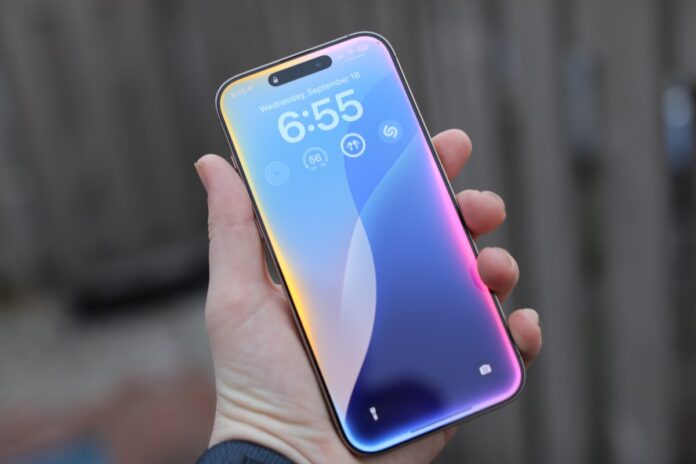Alibaba on Thursday confirmed recent reports of a partnership with Apple that’s set to bring AI features to iPhones sold in China. The deal is an important one for Apple, as iPhone sales have dropped precipitously in the world’s largest smartphone market. The handset experienced an 11% year-over-year drop in China, according to Apple’s most recent earnings report.
Apple “talked to a number of companies in China,” Alibaba chairperson Joseph Tsai said Thursday during Dubai’s World Government Summit. “In the end they chose to do business with us. They want to use our AI to power their phones. We feel extremely honored to do business with a great company like Apple.”
According to reports, Apple’s earlier deal with China’s Baidu has been plagued with issues adapting the search giant’s AI offering. Apple is also believed to have explored partnerships with ByteDance and DeepSeek, prior to settling on Alibaba. These sorts of partnerships are key to U.S. companies like Apple as they work for regulatory approval in China. Both Alibaba and Apple have reportedly submitted relevant materials to local authorities.
Ahead of the company’s most recent earnings call, CEO Tim Cook cited the absence of Apple Intelligence, the company’s in-house generative AI solution, as a contributing factor in slowing international sales.
“During the December quarter, we saw that in markets where we had rolled out Apple Intelligence, that the year-over-year performance on the iPhone 16 family was stronger than those markets where we had not rolled out Apple intelligence,” the executive told CNBC.
The company has banked on Apple Intelligence to drive the next major iPhone “super cycle” – a term referring to a dramatic uptick in device sales. Apple’s speed and strategy in rolling out its own generative AI solution hampered its growth, as Google continues to deliver new Gemini features by way of Samsung phones, Pixel devices, and various other Android offerings.
Increased domestic competition has also eaten into Apple’s China market share. Vivo took the lead in the fourth quarter of last year, with 17% of the market, according to figures from research firm, Canalys. Huawei, which has seen a massive rebound following sanctions from the first Trump administration, grew shipments 37% year over year, scoring a second-place finish at 16% market share. Apple, which commanded 24% of the market the same time last year, dropped to 15%, putting it in a third-place dead heat with Xiaomi and Oppo.
Apple is banking on the Alibaba deal to help regain some of that marke, but even if the partnership passes regulatory scrutiny, Apple’s China future isn’t crystal clear. Tariffs and trade tensions are likely to further impact sales in the key market.
The company has notably been cozying up to Donald Trump during the President’s second term. Cook donated $1 million to Trump’s inaugural committee in January. More recently, Apple followed Google’s lead by changing the name of the Gulf of Mexico to the Gulf of America on its Maps app.
TechCrunch has reached out to Apple for additional comment on the Alibaba deal.

